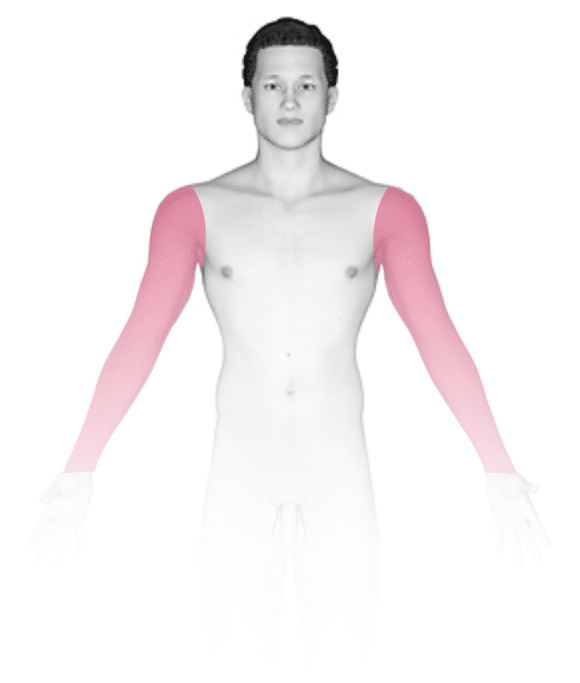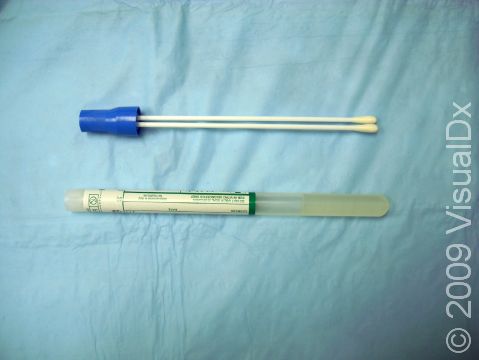Culture, Microbiological
A microbiological culture is a method of obtaining tissue or fluid from a suspected site of infection. Taking into account the clinical scenario, the results can confirm the presence or absence of an infection. Types of infections detected include bacterial, viral, and fungal.
Who's At Risk?
A microbial culture is a common method used to diagnose an active new or long-term infection. It can be obtained any time there is suspicion of infection in a patient, in a hospital or non-hospital setting.
Signs & Symptoms
No preparation is necessary on the part of the patient prior to the procedure.
A skin culture is obtained by rubbing a cotton swab against the suspected site of infection. If there is an abscess, it may need to be lanced so that the pus may be swabbed. This is placed in a special transport media to later be analyzed in the laboratory for growth of bacteria, virus, or fungus, as requested by the ordering physician.
Self-Care Guidelines
Your doctor may decide to treat for an infection if his/her suspicion for a particular diagnosis (clinical suspicion) is high enough, even if the microbiology culture results have not yet been confirmed. If the clinical suspicion is low, your doctor may decide to wait for the microbiology results before starting antimicrobial therapy.
No aftercare is necessary on the part of the patient following a microbiological culture. Depending on the likelihood of infection, your physician may recommend applying a topical antimicrobial ointment even before the culture results are available.
Treatments
- Skin biopsy
- Skin scraping
- Blood culture
When to Seek Medical Care
Obtaining an antimicrobial culture of the skin is a routine, convenient, and safe method of diagnosing a skin infection, with minimal to no side effects or risks.
Last modified on October 5th, 2022 at 7:15 pm

Not sure what to look for?
Try our new Rash and Skin Condition Finder
